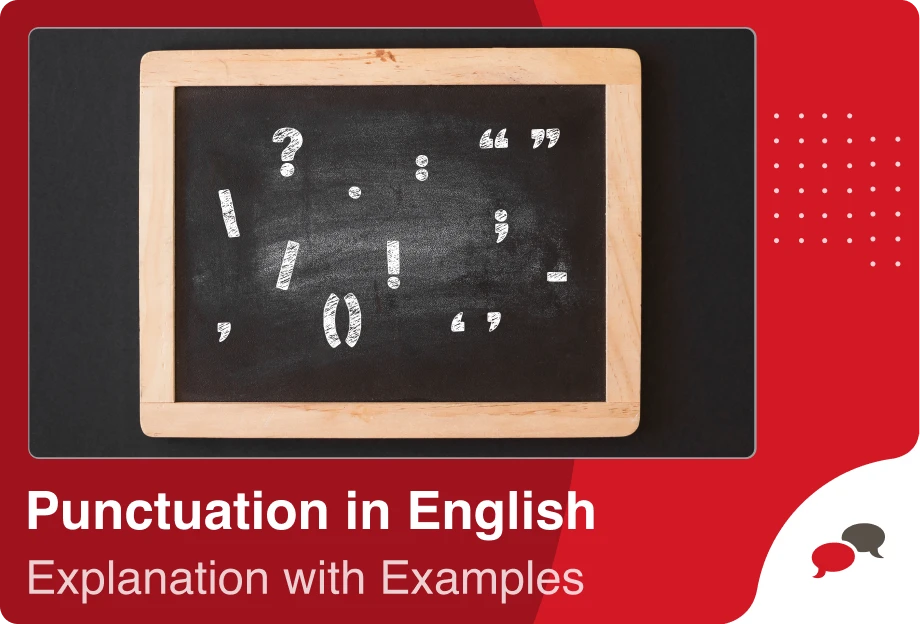In English, a singular noun can be turned into a plural noun by adding -es and -s suffixes at the end. It is easy to make a regular noun plural, but there are irregular nouns that you can not simply add these suffixes to make them plural. Although the best way is memorizing irregular nouns, you can also seek patterns. Also, categorizing them would be beneficial too. Let’s see these irregular nouns and how to separate them from regulars.
What is Irregular Plural?
English learners might find it challenging to memorize the many irregular plural nouns in the language. However, it is easy to get accustomed to irregular plurals with time, as most are frequently used. Learning the plural forms of these terms can be aided by using a good English dictionary or other resources.
Irregular plurals do not follow the rules of regular plurals. You cannot say ‘foots’ or ‘mans’ in English. The correct plural forms are ‘feet’ for foot and ‘men’ for man. The easiest way to memorize irregular plurals is by categorizing them. Irregular plural nouns fall into three categories: unchanging plurals, mutated plurals, and collective plurals.
Unchanging plurals are usually composed of animal names and do not change. The form of the word stays the same.
“Sheep” → “Sheep”
“Fish” → “Fish”
“Deer”→ “Deer”
“Moose”→ “Moose”
“Salmon”→ “Salmon”
Mutated plurals; their syllables change, and sometimes the word’s root transforms too.
“Mouse” → ”Mice”
“Child”→ “Children”
“Tooth”→ “Teeth”
“Foot”→ “Feet”
“Goose”→ “Geese”
Collective plurals usually represent a group without having a plural suffix.
“People” →“People”
“Police”→ “Police”
Here are some rules to make a singular noun plural:
1. If a word ends in -f, it can be made plural by changing the ‘f’ to a ‘v’ and adding -es.
Example: ‘Leaf’ → ‘Leaves’
2. Similarly, if a word ends in -fe, the ‘f’ must be replaced by a ‘v,’ and an ‘s’ should be added. This avoids the difficulty of pronouncing ‘f’ and ‘s’ together.
Example: ‘Wife’ → ‘Wives’
3. Words that end in ‘f’ usually turn the ‘f’ to a ‘v’ and add -es.
Example: ‘Calf’ → ‘Calves’
4. Plurals of words ending in ‘y’ preceded by a consonant are generally formed by changing the ‘y’ to ‘i’ and adding -es.
Example: ‘Baby’ → ‘Babies’
5. Plurals of words ending in ‘o’ are generally formed by adding -es.
Example: ‘Potato’ → ‘Potatoes’
6. When a noun ends in -is, it is changed to -es to become plural.
Example: ‘Analysis’ → ‘Analyses’
7. When a word ends in -um, it becomes plural by replacing the -um with -a. These words often come from Latin.
Example: ‘Datum’ → ‘Data’
The Most Common Irregular Plurals
Here is a list of the most common irregular plurals and some examples about their correct usage in sentences.
| Singular | Plural |
|---|---|
| Addendum | Addenda |
| Aircraft | Aircraft |
| Alumna | Alumnae |
| Analysis | Analyses |
| Bacillus | Bacilli |
| Bacterium | Bacteria |
| Basis | Bases |
| Cactus | Cacti |
| Child | Children |
| Datum | Data |
| Deer | Deer |
| Diagnosis | Diagnoses |
| Focus | Foci |
| Foot | Feet |
| Fungus | Fungi |
| Goose | Geese |
| Index | Indices |
| Leaf | Leaves |
| Mouse | Mice |
| Person | People |
| Sheep | Sheep |
| Tooth | Teeth |
| Wife | Wives |
Let’s see a few examples of how these irregular plurals are used.
1. Whenever the men were not speaking, their wives handled the necessary business between the families through letters and visits.
2. These two fungi usually grow in the woods.
3. There were a lot of people there.
4. The house was infested with mice and rats.
5. His feet were bare.
6. I took the children to school.
7. Geese, ducks and teal are abundant.
8. Instead of dense woodlands there was dry thorny scrub, cacti and open bare dusty areas
9. Many trees lose their leaves in the winter.
10. These three bases of knowledge were known as the “tripod” of the empirics.
11. The job involves gathering and analysing data.
12. There was a deer in the road.
13. Over the next five years she received various diagnoses as her symptoms multiplied.
14. Some charting features allow you to compare individual shares to indices and industry sectors.
15. The dentist will have to pull that tooth.
16. There were a lot of people there.
17. My father works on a sheep farm.
Frequently Asked Questions about Irregular Plurals
What nouns don’t change in plural?
Some nouns don’t change and keep their form as; aircraft, sheep, moose.
Why do irregular plurals exist?
Irregular plurals exist for a couple of reasons. Borrowing from other languages, linguistic factors and semantic reasons could be given as an example for these reasons.
What are the most common irregular plural nouns in English?
The English language’s most often occurring irregular plural nouns are child – children, foot – feet, tooth – teeth, and person – people.
What is the plural form of “child”?
The plural form of “child” is “children.”
Would you like to put what you have learned into practice? You can access everything you need to learn English on a single platform! With 25-minute one-on-one live English lessons, 40-minute group lessons, more than 30,000 interactive videos, vocabulary learning tools, AI-supported tutor MiMi, quizzes, and interactive activities, EnglishCentral offers its users a personalized and quality education plan at an affordable price. How about registering for EnglishCentral now and starting to learn English?











